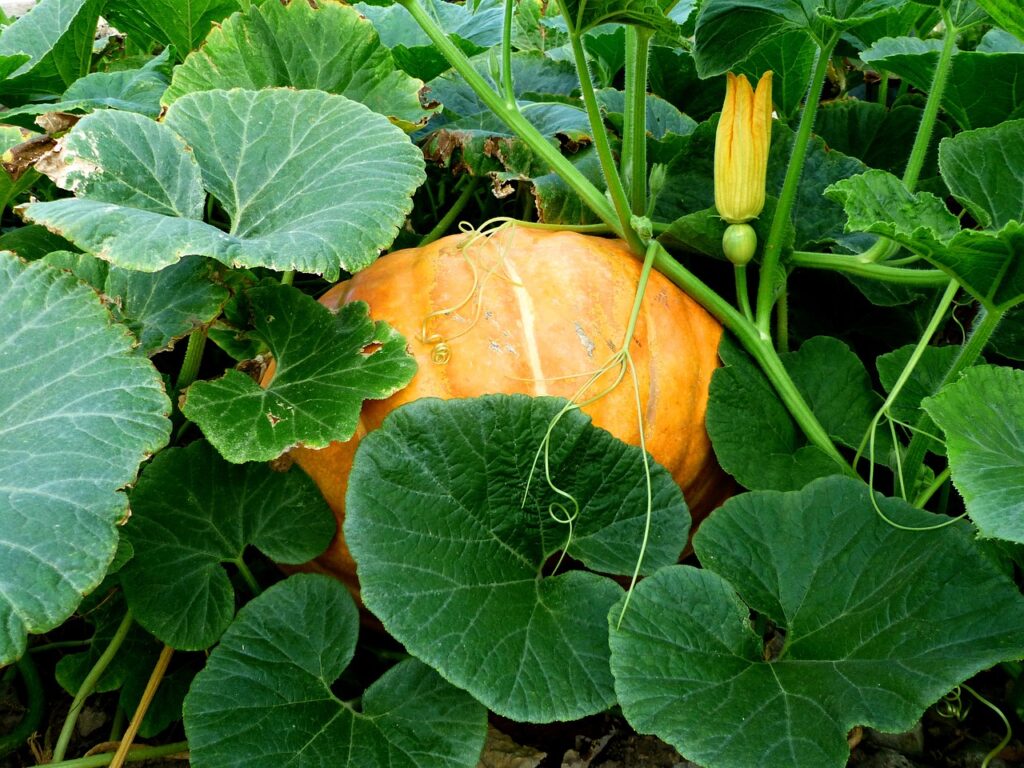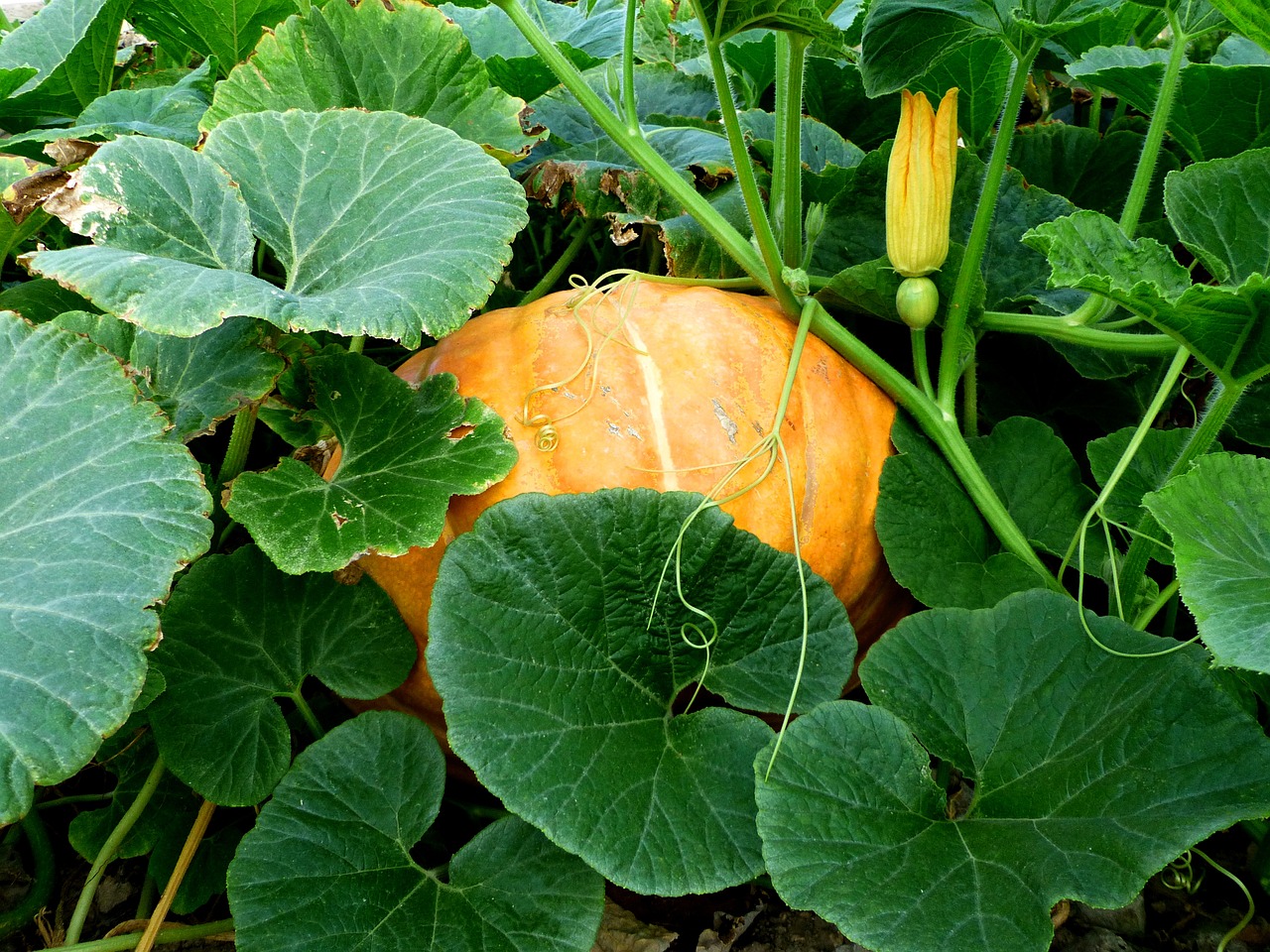Are you looking for a new hobby that not only provides a sense of accomplishment but also benefits your mental and physical health? Look no further than gardening!
Growing your own fruits and vegetables is not only a rewarding experience, but it also allows you to have fresh, healthy produce right at your fingertips.
Not only does gardening give you a sense of purpose and accomplishment, but studies have shown that it can also improve your mental health. The act of nurturing plants and watching them grow can reduce stress and anxiety, boost your mood, and increase feelings of happiness and well-being.
Plus, the physical activity involved in gardening can also help improve your overall physical health. So why not give gardening a try and see the many benefits for yourself?
The Benefits of Gardening for Mental Health
Gardening’s got your back, helping to boost your mental health in ways you never knew possible.
The benefits of gardening go beyond just growing your own fruits and veggies. It’s also a form of nature therapy that has been shown to reduce stress and anxiety levels and improve overall mood.
When you’re gardening, you’re connecting with nature and being present in the moment, which is a form of mindfulness practice. This can help to calm your mind and reduce the negative effects of stress on your body.
In addition, gardening gives you a sense of accomplishment and purpose, which can improve your self-esteem and confidence. So if you’re looking for a way to improve your mental health, consider picking up a shovel and starting your own garden.
Choosing the Right Plants for Your Garden
Selecting the suitable plants for your garden could make all the difference in the world. Before you start planting, it’s important to determine the soil conditions in your area. Different plants have different preferences when it comes to soil pH levels, drainage, and nutrients. You can purchase a soil testing kit from your local nursery or cooperative extension office to help you determine the pH level of your soil. This will help you select plants that are best suited to grow in your garden.
Another important consideration when choosing plants for your garden is selecting pest-resistant varieties. This is especially important if you want to grow fruits and vegetables. There are many varieties of plants that are resistant to pests and diseases, and these can save you a lot of time and effort in the long run. Do some research on the types of pests that are common in your area and choose plants that are resistant to those pests.
By selecting the right plants for your garden, you can ensure a successful and enjoyable gardening experience.
Creating a Garden Plan and Layout
Now that you’ve got an idea of what plants will thrive in your soil, it’s time to start creating a plan for your garden layout.
First, consider companion planting, which involves planting different crops together that will benefit each other. For example, planting basil next to tomatoes can improve the flavor of the tomatoes and repel pests. Similarly, planting beans next to corn can help the corn grow taller by providing a natural trellis for the beans.
Next, think about using raised beds for your garden layout. Raised beds are elevated garden beds that are filled with soil, creating a contained space for your plants to grow. They can be beneficial because they provide good drainage, prevent soil compaction, and keep weeds at bay. Plus, they can be designed at a height that is comfortable for you to work in, reducing strain on your back and knees.
With careful planning and the use of companion planting and raised beds, you can create a successful and enjoyable garden experience.
Essential Tools and Supplies for Gardening
To achieve a successful and enjoyable gardening experience, it’s essential that you have the right tools and supplies. Gardening tools are an investment that will pay off in the long run.
Some of the basic tools you’ll need include a spade, hoe, trowel, rake, and pruning shears. These tools will help you prepare the soil, plant seeds or seedlings, remove weeds, and maintain your plants. It’s important to choose high-quality tools that are comfortable to use and durable.
In addition to gardening tools, there are also essential supplies that you’ll need. These include soil, compost, fertilizer, and mulch. The soil is the foundation of your garden, so it’s important to choose a high-quality soil that is suitable for your plants. Compost and fertilizer will help improve the soil’s nutrients and provide the necessary nourishment for your plants to thrive. Mulch will help retain moisture and suppress weeds.
By having the right tools and supplies, you’ll be able to create a thriving garden that will reward you with fresh fruits and vegetables.
Tips for Maintaining a Healthy Garden Throughout the Seasons
Maintaining a healthy garden throughout the seasons requires regular watering, pruning, and removing dead or diseased plants to prevent the spread of pests and diseases.
Additionally, companion planting is a great way to boost the health and productivity of your garden. By planting certain crops together, you can create a mutually beneficial environment where each plant helps the other grow and thrive. For example, planting beans with corn can increase the corn’s nitrogen levels while the beans fix nitrogen in the soil. Similarly, planting marigolds near your tomatoes can help deter pests and improve soil health.
Another important factor in maintaining a healthy garden is soil health. Healthy soil is essential for growing strong, healthy plants.

To keep your soil healthy, avoid using chemical fertilizers or pesticides that can harm beneficial microorganisms. Instead, opt for organic fertilizers like compost or manure, which will add nutrients to the soil and improve its structure.
It’s also a good idea to rotate your crops each season to prevent soil-borne diseases from building up in the soil. By taking care of your soil and using companion planting techniques, you can keep your garden healthy and productive all year round.
Frequently Asked Questions
How do you prevent pests and diseases from ruining your garden?
Prevent pests and diseases by using organic solutions like neem oil and companion planting. Plant herbs like basil and rosemary to deter pests, and intercrop with marigolds to repel nematodes.
Can you grow fruits and vegetables indoors or in containers?
Yes, you can grow fruits and vegetables indoors or in containers. Indoor gardening allows you to grow plants year-round, while container gardening is ideal for those with limited outdoor space. Just make sure to provide adequate light and soil.
What are some common mistakes that beginners make when gardening?
Beginners often struggle with over watering their plants and selecting the right soil. It’s important to do research and understand the specific needs of each plant. Don’t be afraid to ask for advice from experienced gardeners.
How do you know when to harvest your fruits and vegetables?
Knowing when to harvest your fruits and vegetables involves using proper harvesting techniques and ripeness indicators. Look for signs like color, texture, and taste to determine if they’re ready to be picked.
What are some creative ways to use excess produce from your garden?
Got too much produce from your garden? Try canning recipes to preserve them for later. You can also donate excess fruits and veggies to local food banks or community gardens to help those in need.
Conclusion
Congratulations on taking the first step towards starting your very own garden! Gardening is not only a great way to get in touch with nature, but it also has numerous mental health benefits.
By growing your own fruits and vegetables, you’ll have access to fresh and nutritious produce all year round.
To ensure a successful garden, it’s important to choose the right plants for your climate and soil type and create a garden plan and layout. Additionally, having the right tools and supplies on hand will make the gardening process much smoother.
With proper maintenance and care, your garden will flourish throughout the seasons. So go ahead, get your hands dirty and enjoy the thrill of gardening!










